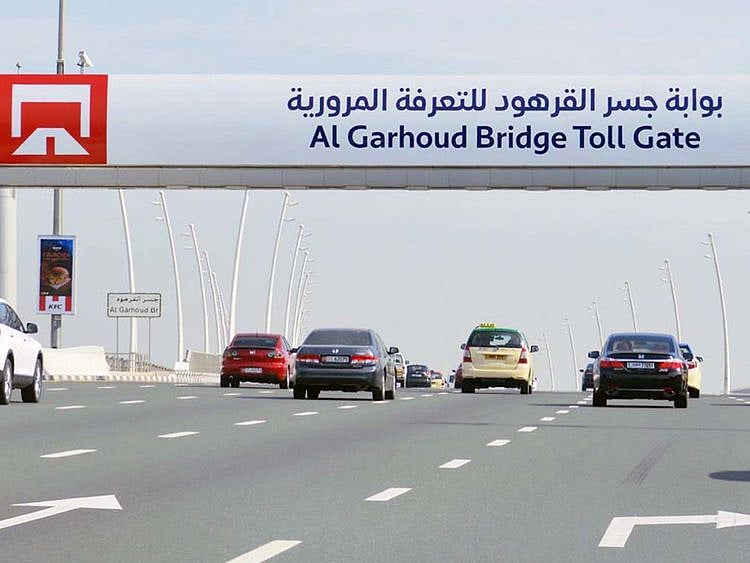Dubai toll-gate operator Salik’s IPO targets the ‘median’ investor, and that is a good thing
UAE’s steady reform of its capital markets are giving results, Salik being an obvious one

Taken together, Covid and the subsequent runaway inflation offer that rarity in history - a genuine control of an experiment in statecraft.
Every country responded differently to the unfolding effects of these two seismic events (some of these effects continue to unfold). But the UAE’s response was by aggressively instituting reforms (social, judicial, and economic) that turned adversity on its head.
When compared to policy responses in other countries, it is easy to highlight where policy gambits failed in other parts of the world. The run-up in asset prices in response to expansionary monetary policies and the subsequent painful corrections were a feature of the policy outcomes. People who were encouraged to take excessive risks have been forced to live with their choices.
Emphasis on capital markets
In the UAE, policy responses quickly diverged in the early months. Capital market reforms, along with judicial and economic incentives, became the focal point for the next stage for accelerating growth, nurturing capital formation towards more formalized markets. Even as regulators worked to rein in the speculative impulses that drove the crypto markets, there was this deliberate strategy to encourage investment alternatives for the more income-oriented investor.
In the process, the structure of pension funds and savings for employees came into focus, as it became clear that asset formation was going to be the cornerstone for sustainable capital market formation. Especially given the crisis in the pension fund industry that had to bear the brunt of market downturns.
The process of divestment of publicly-owned entities, as well as encouraging private sector entities to invest was an acknowledgement that deep and liquid capital markets were instrumental to attracting not only money flows but also talent from across the globe.
A ‘money center’ destination
Recognizing the inflationary storm along with other economic headwinds, the idea was to cater to the individual and conservative investor mindset (long ignored throughout the world) to channel their hard-earned savings rather than keep it in cash or send it to their home countries. From the state’s point of view, this was a model of sustainable monetary practice, literally a return to first principles. Given the headwinds, people are justifiably anxious, and/or belligerent, either choosing to remain in cash and/or decrying the investment alternatives being offered as not attractive enough.
However, through the ebbs and flows, what is obvious is that there has been a groundswell in terms of response from the retail investor, both in response to increasing the percentage of foreign ownership, as well as to subscribing to new offerings. These are early days of the capital market boom, but we can already see the road ahead, as the UAE moves towards a money center destination.
Investments like Salik are not opportunistic enough, says the critic in the room. Firstly, the valuations offered are at substantial discounts to comparable (Salik has a forward P/E of less than 10) in the world and leave room for upside. This is despite headwinds that have made investors anxious.
More critically, these investments are curated for the long-term cash flow investor, not the frenetic day trader. The market caters to all kinds, but the system that is being created is for the sector most needed - the median investor.
Network Links
GN StoreDownload our app
© Al Nisr Publishing LLC 2025. All rights reserved.